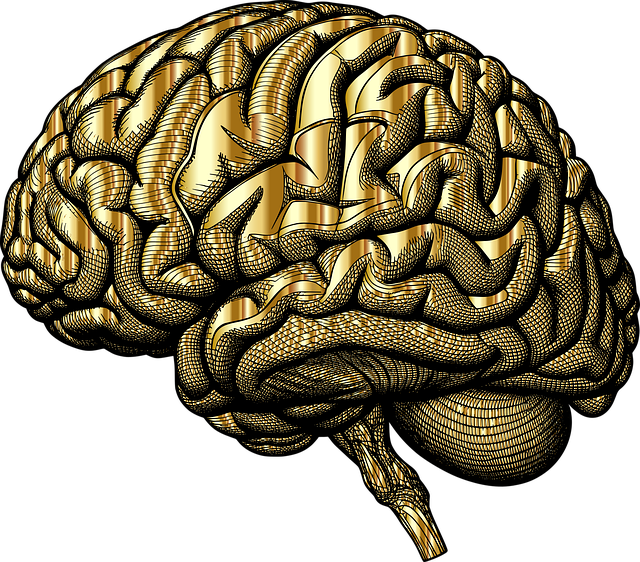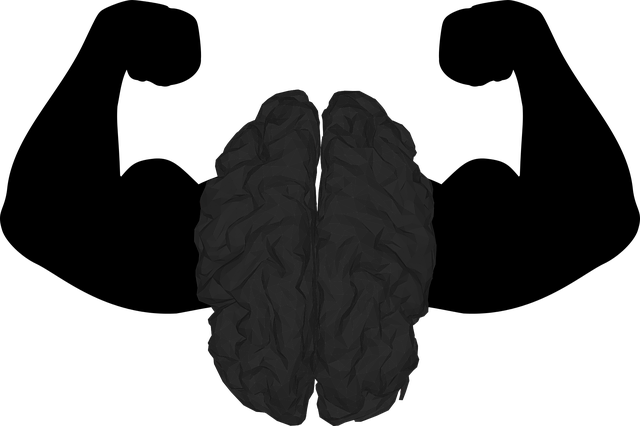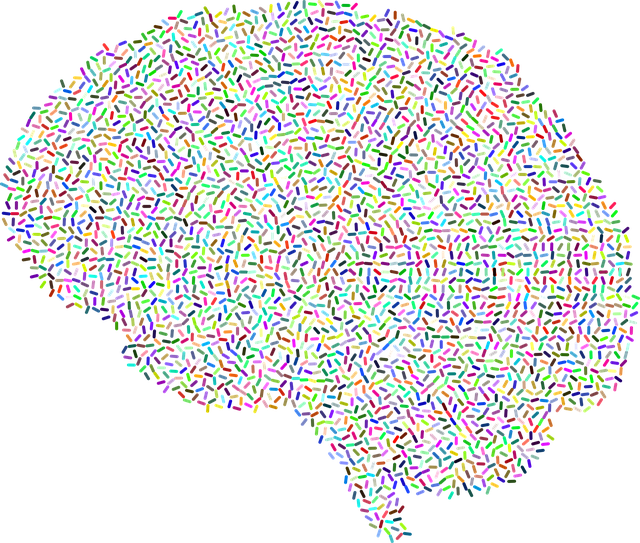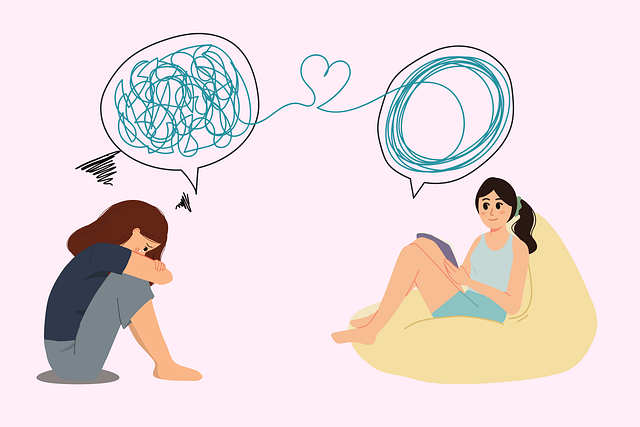Emotional intelligence (EI) is crucial for therapists-clinicians in providing effective therapy for therapists-clinicians, fostering strong client relationships, and managing occupational stress. High EI enhances therapy outcomes by creating safe, supportive environments that encourage open communication and trust. Techniques like CBT and mindfulness improve self-awareness and empathy, while continuous learning, self-care, and professional development workshops boost therapists' emotional intelligence, enabling them to better assist clients and navigate successful careers.
Emotional intelligence (EI) is a cornerstone of effective therapy, fostering strong therapist-client relationships. Understanding EI involves delving into its components: self-awareness, empathy, and social skills. This article guides therapists and clinicians on nurturing these aspects through practical strategies, emphasizing the continuous journey towards emotional intelligence enhancement. By mastering these techniques, professionals can improve client outcomes and create a more supportive therapeutic environment, ultimately benefiting both the therapist and those they serve.
- Understanding Emotional Intelligence: The Foundation for Therapist-Client Relationships
- Nurturing Self-Awareness and Empathy in Therapy Sessions
- Strategies for Enhancing Emotional Intelligence in Clinicians: A Continuous Journey
Understanding Emotional Intelligence: The Foundation for Therapist-Client Relationships

Emotional intelligence (EI) forms the bedrock upon which successful therapist-client relationships are built. It involves recognizing and managing one’s own emotions, as well as understanding and empathizing with others’ emotional experiences. For therapists, cultivating high EI is paramount, as it enables them to create a safe, supportive environment that fosters trust and encourages open communication. This, in turn, facilitates deeper insights into clients’ issues, promotes effective therapy, and enhances treatment outcomes.
In the dynamic landscape of mental health care, where burnout prevention strategies for healthcare providers are increasingly important, EI serves as a protective shield against occupational stress. By enhancing their emotional awareness and resilience, therapists can better manage challenging situations, maintain professional boundaries, and provide consistent care. Moreover, integrating mental health education programs design that prioritize EI development equips therapists with the tools to address not only clients’ anxiety relief needs but also to foster robust therapeutic alliances.
Nurturing Self-Awareness and Empathy in Therapy Sessions

In therapy sessions, fostering self-awareness and empathy is a cornerstone of emotional intelligence building. Therapists-clinicians play a pivotal role in guiding clients to understand their emotions, thoughts, and behaviors—a process known as introspection. By creating a safe, non-judgmental environment, therapists encourage clients to explore their feelings, recognize triggers, and gain insights into patterns that impact their mental health. This self-reflection facilitates better understanding not only of the client but also of others, thereby enhancing empathy.
Moreover, integrating techniques like cognitive behavioral therapy (CBT) and mindfulness practices can significantly contribute to both self-esteem improvement and positive thinking. Therapists can employ risk management planning for mental health professionals to navigate challenging situations, ensuring they remain empathetic and supportive throughout the therapeutic journey. This not only benefits the client’s emotional well-being but also strengthens the therapist’s ability to maintain high standards of practice.
Strategies for Enhancing Emotional Intelligence in Clinicians: A Continuous Journey

Emotional intelligence (EQ) is a cornerstone for effective therapy sessions and successful career paths for therapists-clinicians. To enhance EQ in this profession, continuous learning and personal growth are paramount. Strategies for clinicians to improve their emotional intelligence include regular practice of stress reduction methods, integrating self-care practices into their daily routines, and cultivating mindfulness techniques. By adopting these approaches, therapists can better manage their own emotions, thereby creating a more supportive environment for clients.
Additionally, engaging in ongoing professional development workshops, attending therapy conferences, and joining peer support groups facilitate the exchange of best practices and provide opportunities to reflect on personal emotional responses. Cultivating strong interpersonal connections within the therapeutic community enriches the learning experience, enabling clinicians to explore different perspectives and refine their EQ skills. Ultimately, a robust emotional intelligence equips therapists-clinicians with the tools necessary to foster meaningful connections, improve client outcomes, and enhance overall well-being in both professional and personal settings.
Building emotional intelligence is a continuous journey for therapists and clinicians, crucial for fostering strong therapist-client relationships. By nurturing self-awareness and empathy during therapy sessions, professionals can create a safe space for clients to explore their emotions. This, in turn, enhances the therapeutic process, ensuring that folks receive the support they need. Through ongoing learning and practice, therapists can revolutionize the way they connect with their patients, making therapy an effective and transformative experience for all.














